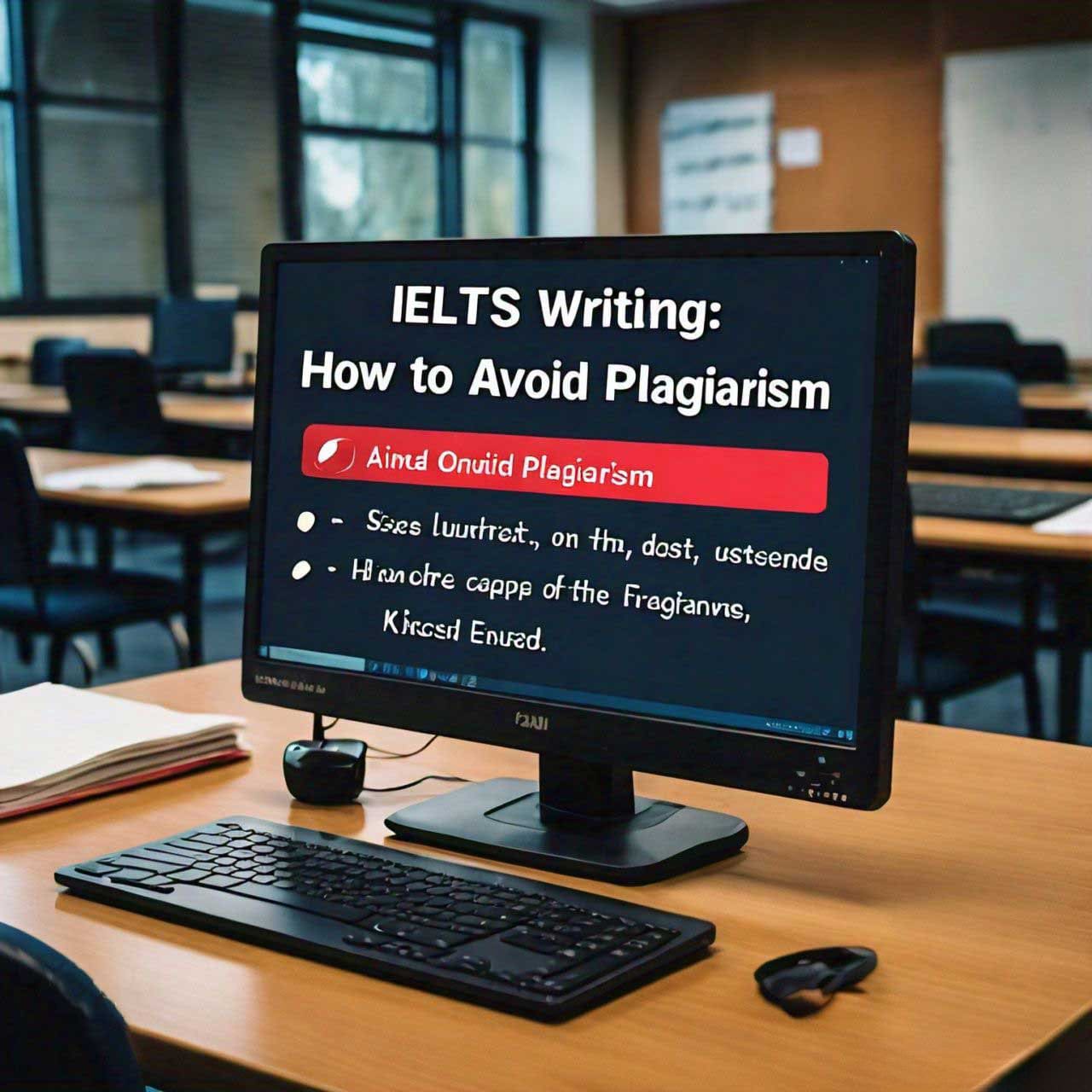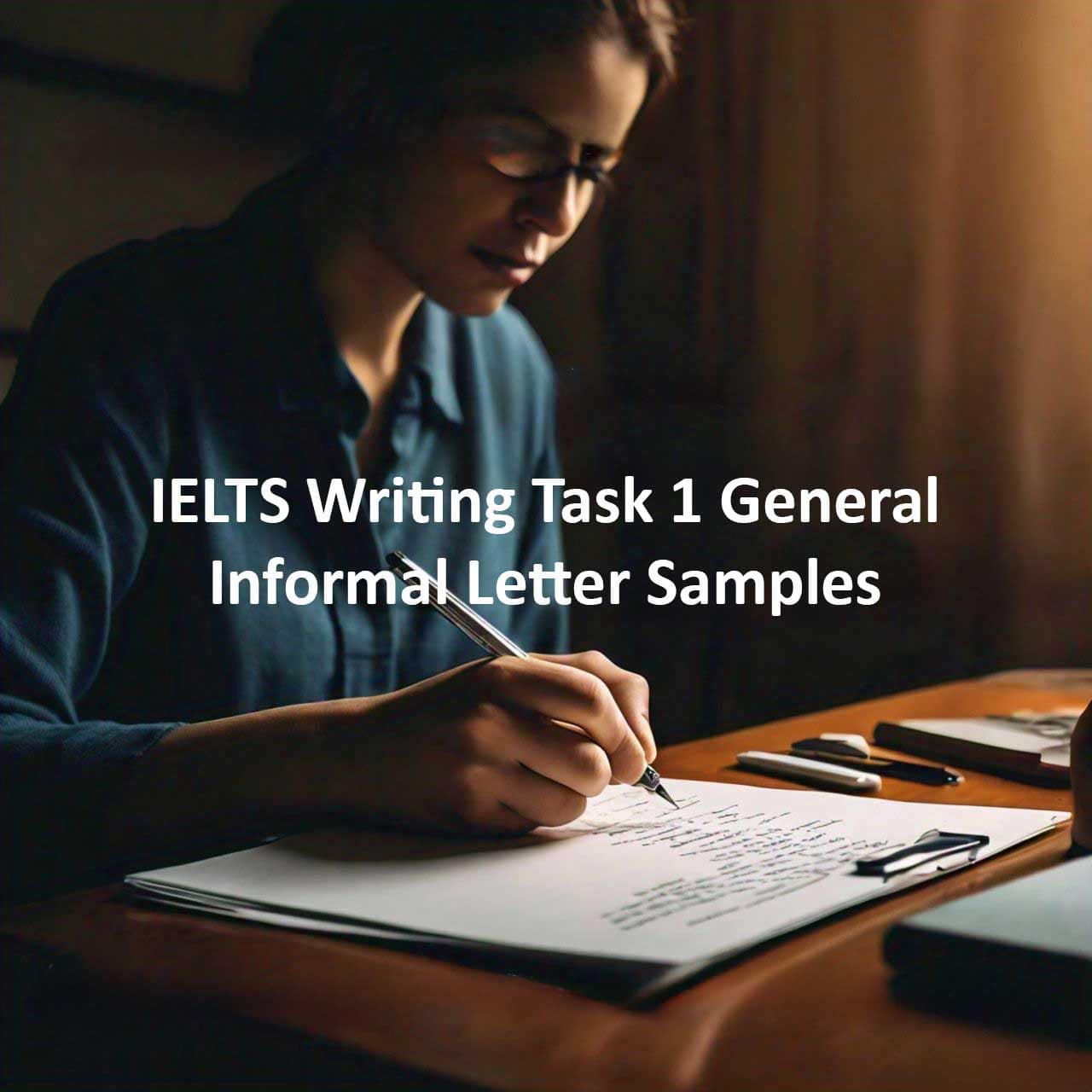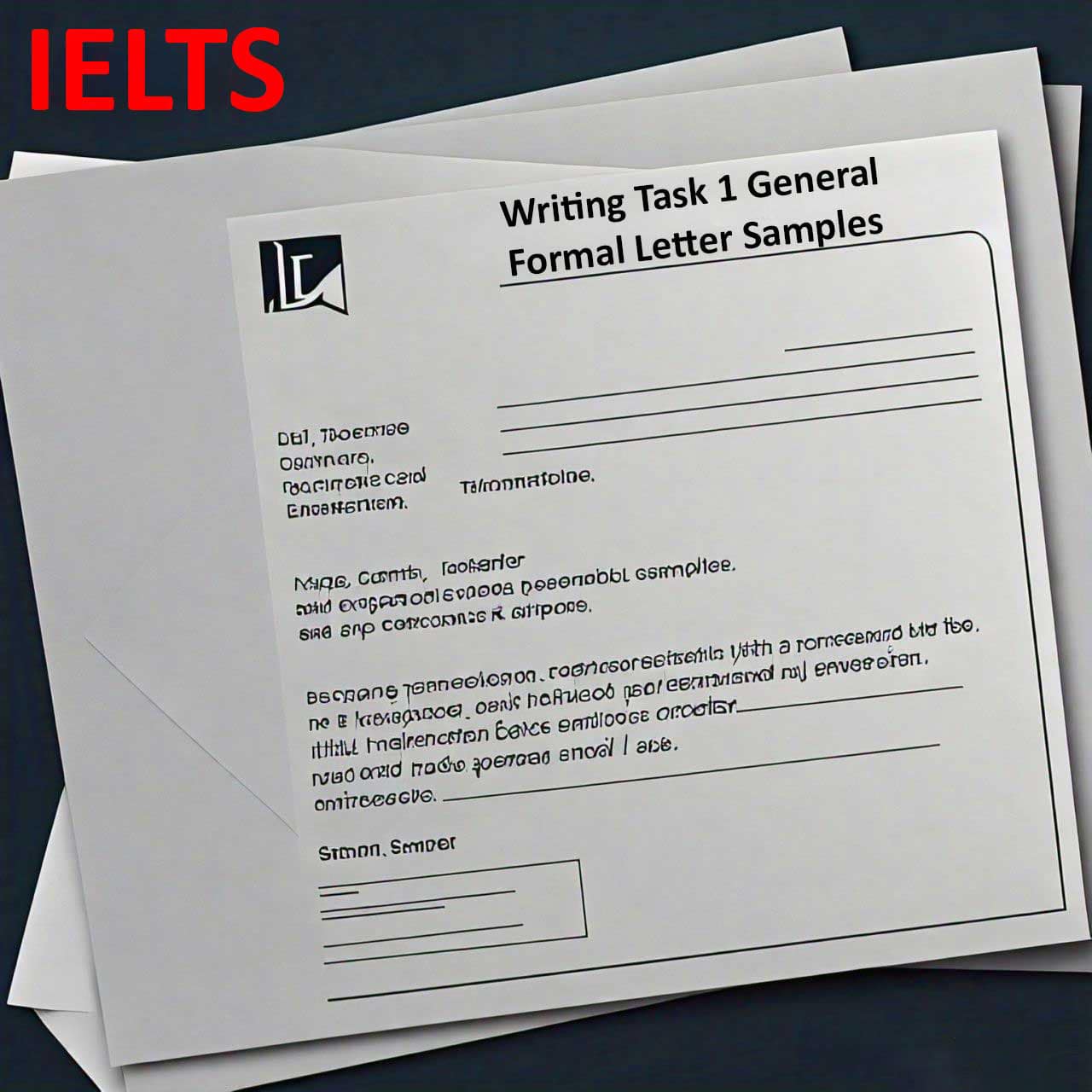Plagiarism is a serious issue in academic writing, and the IELTS Writing test is no exception. While preparing for and taking the IELTS Writing test, it’s crucial to ensure that your work is original and free from plagiarism. This guide will help you understand what plagiarism is, why it matters, and how to avoid it in your IELTS Writing tasks.
Table of Contents
Understanding Plagiarism
What is Plagiarism?
Plagiarism is the act of using someone else’s words, ideas, or work without proper acknowledgment, presenting them as your own. This can include:
– Copying text directly from a source without citation.
– Paraphrasing someone’s work without giving credit.
– Using ideas or data from a source without acknowledgment.
Why Plagiarism Matters
Plagiarism is a serious offense in academic settings and can have severe consequences, such as:
– Failing the test or the writing section.
– Damaging your academic and professional reputation.
– Losing credibility and trust.
In the context of the IELTS Writing test, plagiarism can result in a lower band score or disqualification, as the test aims to assess your original writing and thinking skills.
Tips to Avoid Plagiarism
1. Understand the Task
Before you start writing, ensure you fully understand the task. For IELTS Writing Task 1, you’ll be asked to summarize, describe, or explain visual information. For Task 2, you’ll need to write an essay in response to a point of view, argument, or problem. Clearly understanding the prompt helps you generate your own ideas and responses.
2. Use Your Own Words
Express your ideas using your own words and style. Even when you are inspired by a source, make sure to rephrase and rewrite the content in a way that reflects your understanding and voice.
3. Paraphrase Effectively
Paraphrasing is a valuable skill in avoiding plagiarism. To paraphrase effectively:
– Read the original text thoroughly until you understand it completely.
– Write down the main points without looking at the original text.
– Use synonyms and change the sentence structure while maintaining the original meaning.
– Avoid simply replacing a few words with synonyms, as this can still be considered plagiarism.
4. Cite Your Sources
While direct citations are not typically required in IELTS Writing tasks, being aware of how to cite sources is important for academic writing in general. In academic contexts, always provide proper citations when using someone else’s words, ideas, or data.
5. Practice Summarizing
Practice summarizing information from various sources in your own words. This helps you learn how to distill essential points and express them uniquely. This skill is particularly useful for IELTS Writing Task 1.
6. Avoid Memorizing Model Answers
While it’s helpful to study model answers to understand good writing practices, avoid memorizing them. Examiners are trained to recognize memorized responses and this can negatively impact your score. Instead, focus on understanding the structure and techniques used in model answers and apply them to your own writing.
7. Develop Your Ideas
Generate your own ideas and opinions based on the prompt. This not only ensures originality but also demonstrates your ability to think critically and creatively. Practice brainstorming and organizing your thoughts quickly and effectively.
8. Practice Writing Regularly
Regular writing practice helps you develop your unique writing style and voice. The more you write, the more confident you’ll become in expressing your thoughts and ideas without relying on external sources.
Practical Exercises to Avoid Plagiarism
Exercise 1: Paraphrasing Practice
Take a short passage from a news article or academic text. Read it carefully, then put the original text way and write a summary in your own words. Compare your version with the original to check for similarities and differences.
Exercise 2: Idea Generation
Choose a common IELTS essay topic, such as education or technology. Spend 5-10 minutes brainstorming your own ideas and viewpoints on the topic. Write a short essay based on your notes, ensuring that all ideas and expressions are your own.
Exercise 3: Summarizing Visual Information
Select a graph, chart, or diagram from an IELTS practice test. Practice summarizing the key information and trends in your own words. Focus on being concise and clear without copying any phrases from the source.
Final Thoughts
Avoiding plagiarism in the IELTS Writing test is crucial for maintaining academic integrity and achieving a high band score. By understanding what plagiarism is, using your own words, paraphrasing effectively, and practicing regularly, you can ensure that your writing is original and reflective of your own skills and ideas. Remember, the goal of the IELTS Writing test is to assess your ability to communicate effectively in English, so make sure your work is truly your own. Happy writing and good luck with your IELTS preparation!



